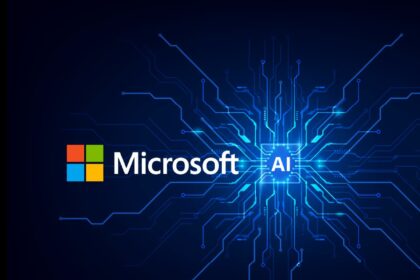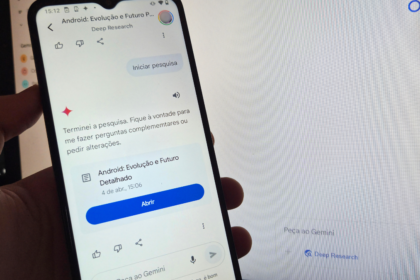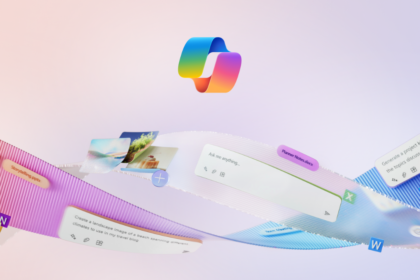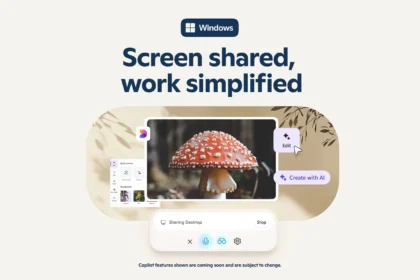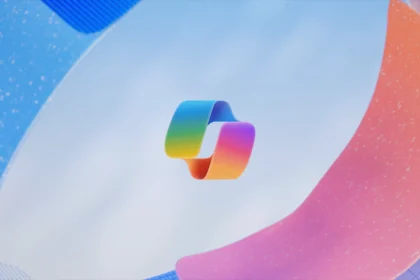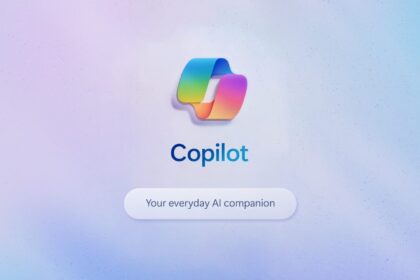Over the weekend, OpenAI CEO Sam Altman shared on his X (formerly Twitter) profile that the release of GPT-5 has been delayed. While the next-generation model is still in the works, it won’t be launching as soon as many had hoped.
According to Altman, the development of GPT-5 has proven to be more challenging than expected — mainly due to the complexity of integrating it seamlessly with other existing ChatGPT models. Because of this, the team is taking additional time to ensure the model meets high expectations.
“We want to make sure we have enough capacity to handle what we expect will be an unprecedented level of demand,” Altman said in his post.
Back in February, Altman hinted at some of the goals behind GPT-5. One of the main ambitions is to simplify the ChatGPT user experience — allowing users to interact with AI without needing to choose between different models for different tasks. The idea is for ChatGPT to “just work,” adapting automatically to the user’s needs.
At that time, he also shared that the “O” series (like O1 and O3) and the “GPT” series would eventually be merged, suggesting a more unified platform moving forward. Originally, it was thought that O3 would not be released as a standalone model.
However, in his most recent update, Altman revealed that both the O3 and a new O4-Mini model will be launched in the coming weeks, possibly as separate models after all.
The O3, first announced in December 2024, is expected to offer improved reasoning and performance on more complex tasks compared to its predecessor, O1. The new O4-Mini is likely to follow a similar path, though official details are still under wraps.
So while GPT-5 might take a little longer to arrive, OpenAI still has exciting updates on the horizon for AI enthusiasts and developers alike.
What are “O” models?
The “O” in models like O1 and O3-Mini stands for “Omni” — a nod to their design philosophy. These models are built to be lighter and faster than traditional OpenAI models like GPT-4.5, making them ideal for simpler tasks, mobile use, and quick things like summarizing text.
While they offer higher speed and responsiveness, they do come with trade-offs. These lighter models have limitations in deep reasoning and can retain less context in longer conversations compared to more advanced models.
Currently, these Omni models are exclusively available to ChatGPT Plus and Pro subscribers, giving those users early access to faster, more efficient AI for everyday tasks.





